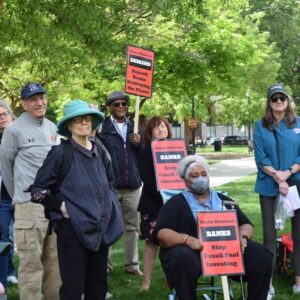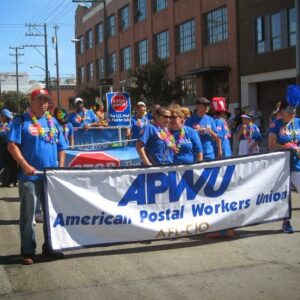October 19, 2018
USPS Must Respond to Requests for Information
Under Articles 17 and 31 of the Collective Bargaining Agreement, management has the obligation to provide documentation when the union has requested it for the enforcement, administration, or interpretation of the contract. This includes information necessary to determine whether or not to file or to continue the processing of a grievance.
In a January 2010 letter, current Vice-President of Labor-Relations, Doug Tulino, wrote the following to all managers and supervisors:
Responding to Information Requests
When you receive a request for information from a union representative, you must act promptly after receiving the request. There is no specific statutory time target, but a good rule of thumb for routine requests is to respond within five days of receiving the request. Do not wait until you have all the information if some information can be supplied quickly, but other information will take much longer to provide. If you need assistance in responding to a request, immediately contact District Labor Relations for help. Do not ignore requests or assume that you can wait a week or tow to work on the request before responding.
If management does not provide the requested information, one tool you have at your disposal is to file charges against the Postal Service through the National Labor Relations Board (NLRB).
The NLRB has the authority to file contempt charges with the federal circuit courts against the Service if they fail to provide the information or do not comply with orders to provide information. When these cases are settled in court it is with “consent decrees” or “consent orders”.
Currently there are seven (7) such orders in place around the country that require the USPS to provide requested information or face fines that they must pay to the NLRB (not to the APWU). These include the 3rd Circuit, the 4th Circuit, two from the 5th Circuit, the 6th Circuit, 9th Circuit, and the 10th Circuit. We are providing these decrees/orders to you so that you may use them if necessary. We have also included a summary of the orders as well.
The orders themselves are only applicable to the specific area listed so be sure to see what circuit applies to your area of the country. It could be a good idea if you politely informed an investigator that these orders exist and provide she/he copies of these decrees. This will help educate the investigator that these orders exist and it shows what has been done in the past in other regions when the NLRB charges have been filed against the Service for failure to provide information.



